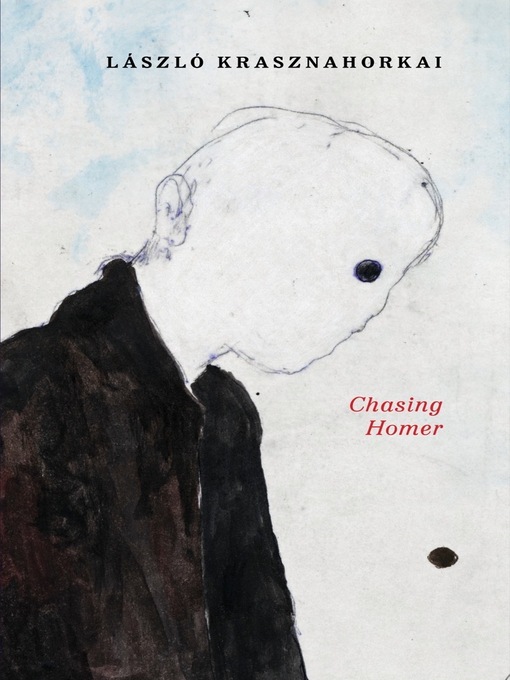WINNER OF THE 2025 NOBEL PRIZE
A classic escape nightmare, Chasing Homer is sped on not only by Krasznahorkai's signature velocity, but also by a unique musical score and intense illustrations
In this thrilling chase narrative, a hunted being escapes certain death at breakneck speed—careening through Europe, heading blindly South. Faster and faster, escaping the assassins, our protagonist flies forward, blending into crowds, adjusting to terrains, hopping on and off ferries, always desperately trying to stay a step ahead of certain death: the past did not exist, only what was current existed—a prisoner of the instant, rushing into this instant, an instant that had no continuation ...Krasznahorkai—celebrated for the exhilarating energy of his prose—outdoes himself in Chasing Homer. And this unique collaboration boasts beautiful full-color paintings by Max Neumann and—reaching out of the book proper—the wildly percussive music of Szilveszter Miklós scored for each chapter (to be accessed by the reader via QR codes).

